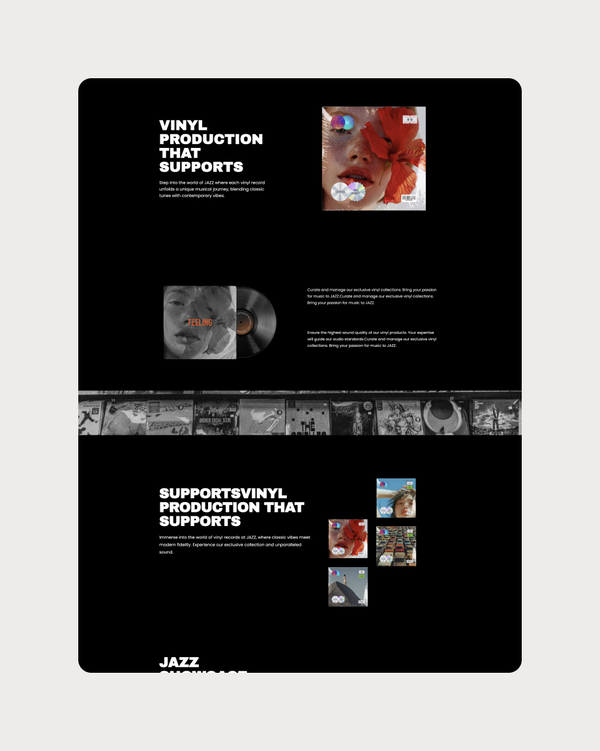What Is Best Web Hosting Sites for Small Business?
Best Web Hosting Sites for Small Business in 3 Steps
Best Web Hosting Sites for Small Business
Web designers play a crucial role in the creation and development of websites across the internet. They are responsible for designing the layout, graphics, and overall look of a website while also ensuring that it is user-friendly and functional. With the ever-growing importance of having a strong online presence, the demand for skilled web designers continues to rise.

What Is Best Web Hosting Sites for Small Business?
Best Web Hosting Sites for Small Business
When designing a website with SEO in mind, there are several key factors to consider. These factors include website structure, content, user experience, and technical aspects such as site speed and mobile-friendliness. By focusing on these elements, you can create a website that is not only visually appealing but also ranks well in search engine results.
Website structure is an important aspect of SEO web design. A well-organized site structure makes it easier for search engines to crawl and index your site, leading to better search engine rankings. A clear hierarchy of pages, with logical navigation and internal linking, helps search engines understand the content and relevance of each page. By organizing your website in a structured manner, you can improve the user experience and make it easier for visitors to navigate your site.
Content is another key factor in SEO web design. High-quality, relevant content is essential for attracting and engaging visitors, as well as improving search engine rankings. When creating content for your website, it’s important to use relevant keywords and phrases that users are likely to search for. By incorporating keywords strategically throughout your content, you can improve your chances of ranking well in search engine results.
User experience is also crucial in SEO web design. A website that is easy to navigate, loads quickly, and is mobile-friendly will provide a better experience for users and improve search engine rankings. In addition, user-friendly design elements such as clear calls to action, easily accessible contact information, and intuitive navigation menus can help increase user engagement and conversions.
Technical aspects of web design, such as site speed and mobile-friendliness, can also impact SEO. Search engines give preference to websites that load quickly and are optimized for mobile devices, so it’s important to ensure that your site is responsive and loads quickly on all devices. By optimizing images, minifying code, and using a content delivery network, you can improve site speed and user experience, leading to better search engine rankings.
As search engines like Google continue to prioritize high-quality, relevant content in their search results, businesses that invest in content marketing SEO are more likely to see success in their online marketing efforts. By creating content that is optimized for specific keywords and provides value to their target audience, businesses can increase their visibility in search engine results pages (SERPs) and attract more potential customers to their websites.
Here are some key tips for effectively implementing content marketing SEO strategies:
1. Conduct keyword research: Before creating any content, it’s important to conduct thorough keyword research to identify the most relevant and high-traffic keywords for your industry. By targeting the right keywords in your content, you can improve your chances of ranking higher in search results and attracting more organic traffic to your website.
2. Create high-quality, engaging content: Content marketing SEO is not just about stuffing keywords into your content – it’s about creating valuable, engaging content that provides value to your target audience. By creating content that addresses the needs and interests of your audience, you can increase engagement, build trust, and improve your chances of ranking higher in search results.
3. Optimize your content for SEO: Once you’ve created your content, it’s important to optimize it for search engines. This includes optimizing your title tags, meta descriptions, headers, and image alt text with relevant keywords, as well as incorporating internal and external links to other relevant pages on your website.
4. Focus on quality over quantity: While it’s important to consistently produce new content for your website, quality should always take precedence over quantity. By focusing on creating high-quality, relevant content that provides value to your audience, you can improve your chances of ranking higher in search results and attracting more organic traffic to your website.
5. Monitor and analyze your results: Lastly, it’s important to regularly monitor and analyze the performance of your content marketing SEO efforts. By tracking key metrics such as organic traffic, keyword rankings, and engagement rates, you can identify what’s working well and make adjustments to your strategy as needed.

How Best Web Hosting Sites for Small Business Works
Best Web Hosting Sites for Small Business
In conclusion, website templates are a valuable tool for individuals and businesses looking to create a professional and visually appealing website. They offer a cost-effective, user-friendly, and flexible solution that can help businesses establish an online presence and reach their target audience. By choosing the right template and customizing it to fit their needs, businesses can create a website that is both functional and visually engaging, helping them stand out in today’s competitive online landscape.

